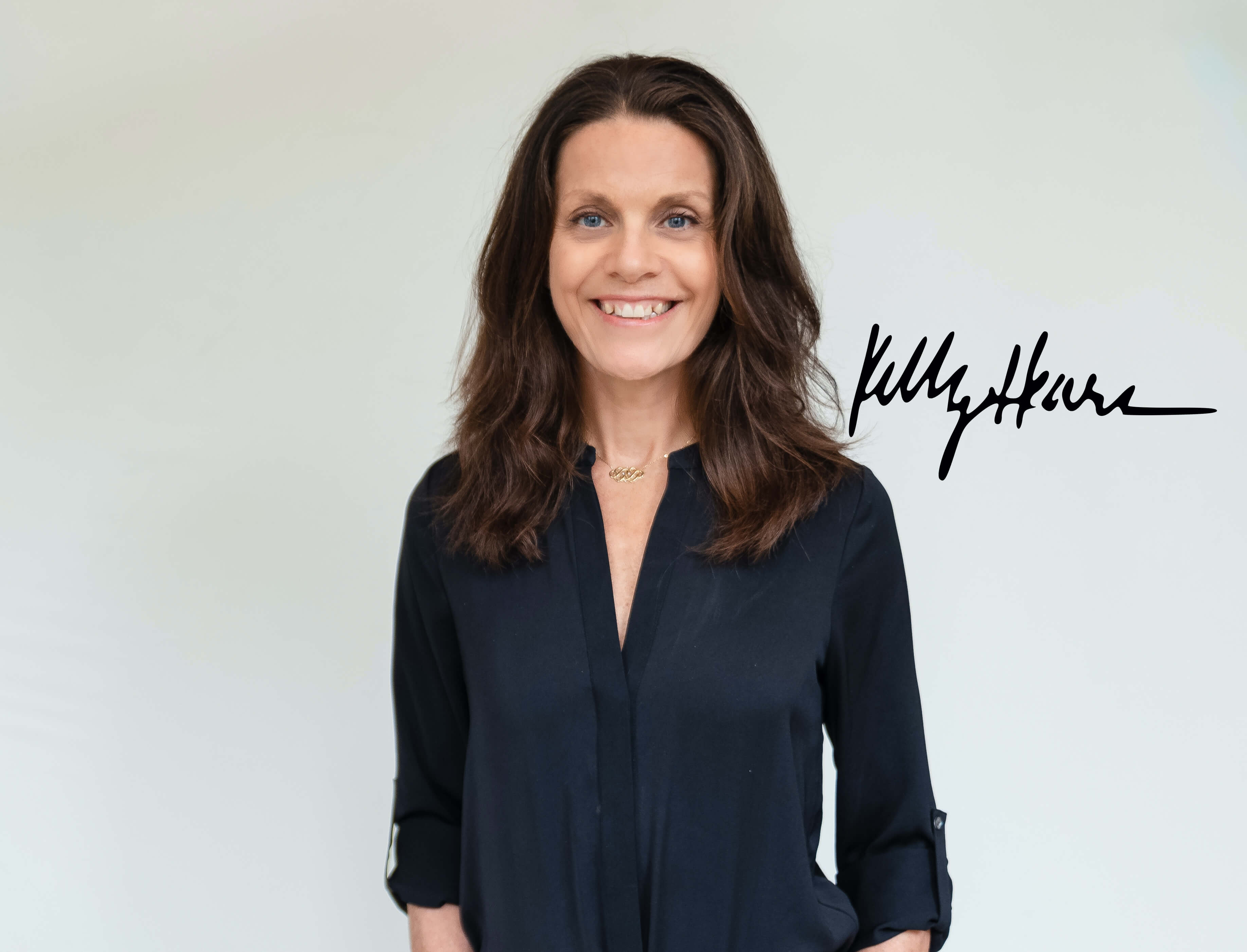Dear Therapist,
_
I lost my best friend last year - a sudden brain aneurysm in his mid 40s shocked us all in so
many ways. I still can't quite get my head around it, but this many months later I can say I
have gone through the worst of the grieving process. The unbearably heavy sadness is no
longer with me, but in its place is a fairly constant anxiety. My friend's death has forced me
to confront mortality - my own, and that of loved ones - far earlier than I thought I would
have to. In response, I am left feeling there isn't enough time to do everything I want to
accomplish in life. My personal and professional bucket lists are being re-worked and
worked through at a pace but with little actual enjoyment or satisfaction. What is the
antidote to death anxiety?
_
_Signed,
_
Scared to and of death
Dear Scared,
As a culture, we tend to ignore or sidestep the inevitability of death until we have to face it.
I'm so sorry about your friend. The unexpected end to his life has forced you into reckoning
with your own impermanence. While difficult, this can also serve as an important catalyst
for personal growth. As Irvin Yalom wrote in his tome Existential Psychotherapy a full
quarter of which was dedicated to the subject of death , 'Though the physicality of death
destroys us, the integration of the idea of death saves us...rather than sentence us to
existences of terror or bleak pessimism, it acts as a catalyst to plunge us into more authentic
life modes, and it enhances our pleasure in the living of life.'
A common response to death anxiety is the manic activity you describe - doing and
achieving as much as possible in an effort to 'maximise living.' However, we can end up
mindlessly racing through our lives rather than being present and engaged in them. The
ensuing sense of failing to experience life fully tends to heighten rather than assuage death
anxiety. Indeed, Yalom referred to this defense against death as a partial death itself.
Instead of running from death, we can shift to embracing life. Here, the intention is to make
our days fulfilling rather than merely full. We let the non-essential fall away how trivial
much of our to-do list starts to look! to focus on what matters most. There is a visceral
understanding that living true to ourselves cannot be postponed.
A healthy appreciation of death also allows us to appreciate the countless givens of
existence - small miracles we might otherwise overlook. We pass into a state of gratitude,
even awe. This is what the Stoics meant when they said, 'Contemplate death if you would
learn how to live.'
Scared, honour your friend by living the experiences you two enjoyed together, and the
values you shared. You will feel closer to him, and the pleasure of life itself, in doing so.
Yours,

Do you have a question for Dear Therapist? Send it to [email protected] with Dear Therapist in the subject line and Charlotte Fox Weber or Kelly Hearn will get back to you.

